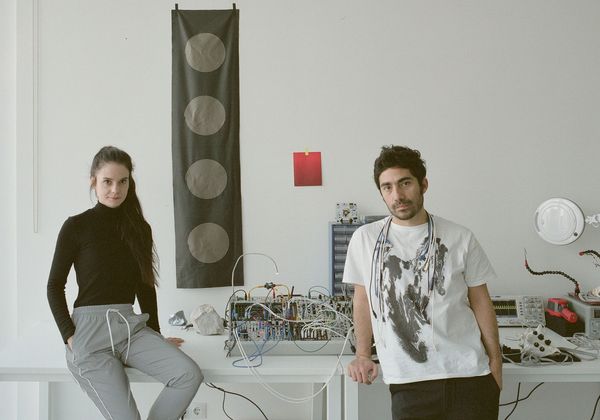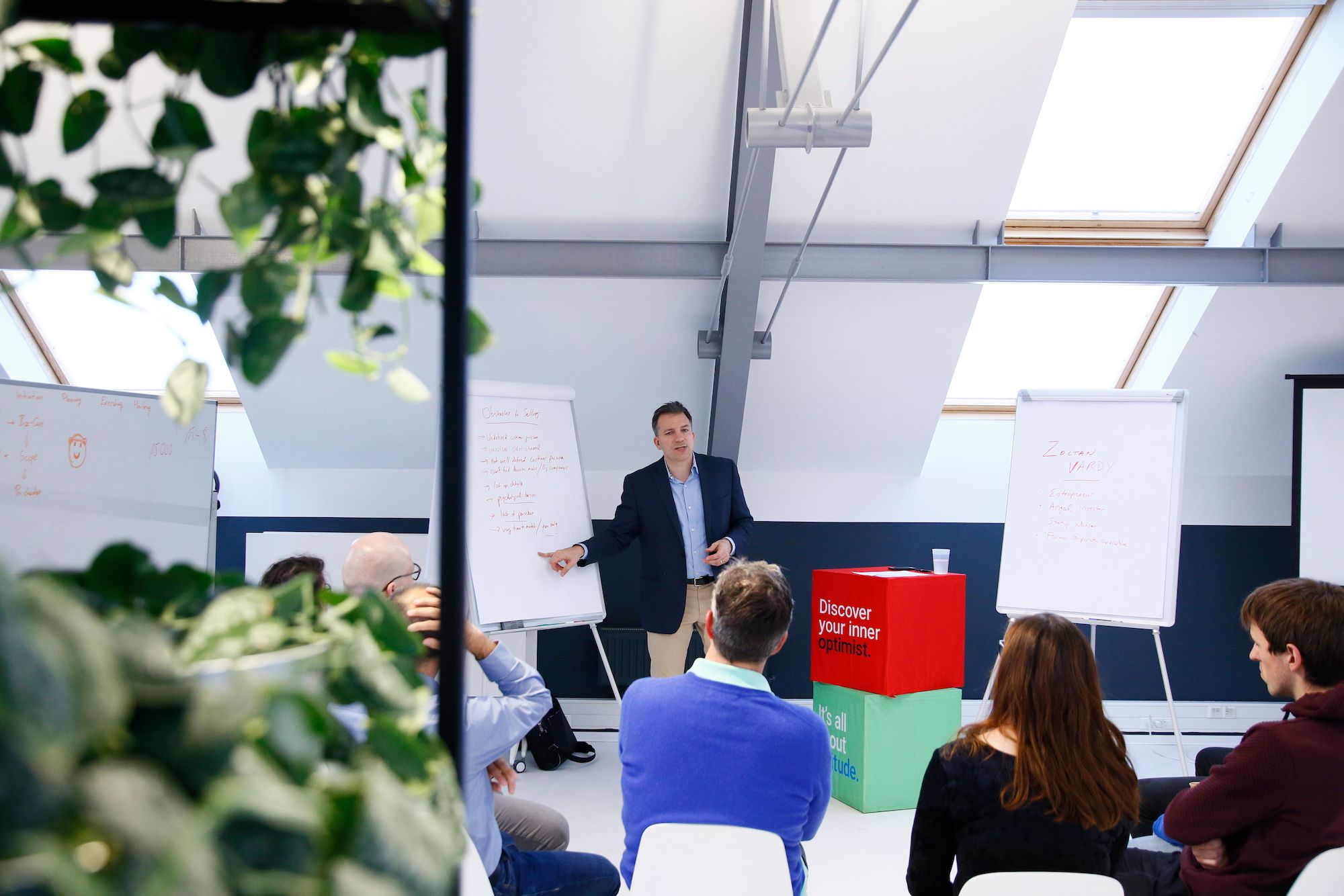The startup ecosystem of the V4 region is blooming. To prove this to you, Hype&Hyper, with the contribution of the Design Terminal, is now launching a series of articles that aim to dig deep into this topic. Unicorns in Hungary, promising new rising star businesses and the importance of keeping talents local—here is our first part.
Numerous reports have been written about the fantastic results achieved by Estonian or Lithuanian companies in the startup world. However, there is less discussion about how up-and-coming the innovation ecosystem of the Visegrad region is. Czechia, Poland, Hungary and Slovakia don’t seem to be on Europe’s innovation atlas. Is this rightfully so?
In our first piece, we introduce the project that fosters the region’s startups, and we also take a look at how colorful and prolific the innovation scene in Hungary is. In the following features, we will then highlight the proud moments and successes of the surrounding nations.

„We are significant enough to make an impact”
A few months ago, the press and politicians all over the world applauded the 30th anniversary of the Visegrad Four collaboration. Ever since this political agreement was formed, our region has focused on the mutual cooperation and friendship between the four countries. One thing that we can surely be proud of is our economic achievements. As for the startup ecosystem—to quote the still valid statement of the Visegrad Startup Report 2016/2017—it is expanding rapidly.
Eastern European markets offer a lot of potential for growth. In the four countries, there are a total of 31 incubators, 62 accelerators, 163 VCs, 165 business angels and approximately 1097 startups—although this last number is always flexible due to the nature of these businesses.
You have to grow where you are planted
Design Terminal, Central Europe’s leading innovation agency, launched the V4 region’s first startup scholarship program in 2018, with the support of the International Visegrad Fund, and with the help of Czech, Slovak and Polish professional partners. The project was named the V4 Startup Force Program—indicating that one has to expect a massive amount of power indeed when talking about young entrepreneurs in the area.
As Edit Szilágyiné Bátorfi, former Executive Director of the IVF, put it: “The Visegrad region is rich in ideas but less talented in showing it to the world and making it beneficial for the economy and citizens of the nations. There is a need for opportunities like this that help young talents and entrepreneurs.”
Being the leading innovation agency in Central Eastern Europe with a mission to nurture business talent and develop the regional entrepreneurial as well as the innovation ecosystem, DT would have wanted to build bridges between startups and corporations, connecting the two different business environments.
“The main goal of the V4 Startup Force is to build a bigger and stronger Visegrad community—says László Jónás, Head of Strategy at Design Terminal—We want to foster a cohesive community, one that can show the global market: we are significant enough to make an impact.”
The method is simple. The V4 SUF is building businesses locally by keeping talents and startups in the region. Design Terminal focuses on the innovation ability of talents in order to help their faster market penetration. They provide further opportunities for the startups by inspirational events, access to local accelerators, startups from other industries and potential clients from the neighboring countries.
“I believe that you have to grow where you are planted—says businessmen, investor and V4 Startup Force mentor, Willy Benkő—So if they happen to be a Polish or a Hungarian startup, then we need to do whatever we can to get them to plant their feet in this part of the world and to make their impact first and foremost helping this region.”
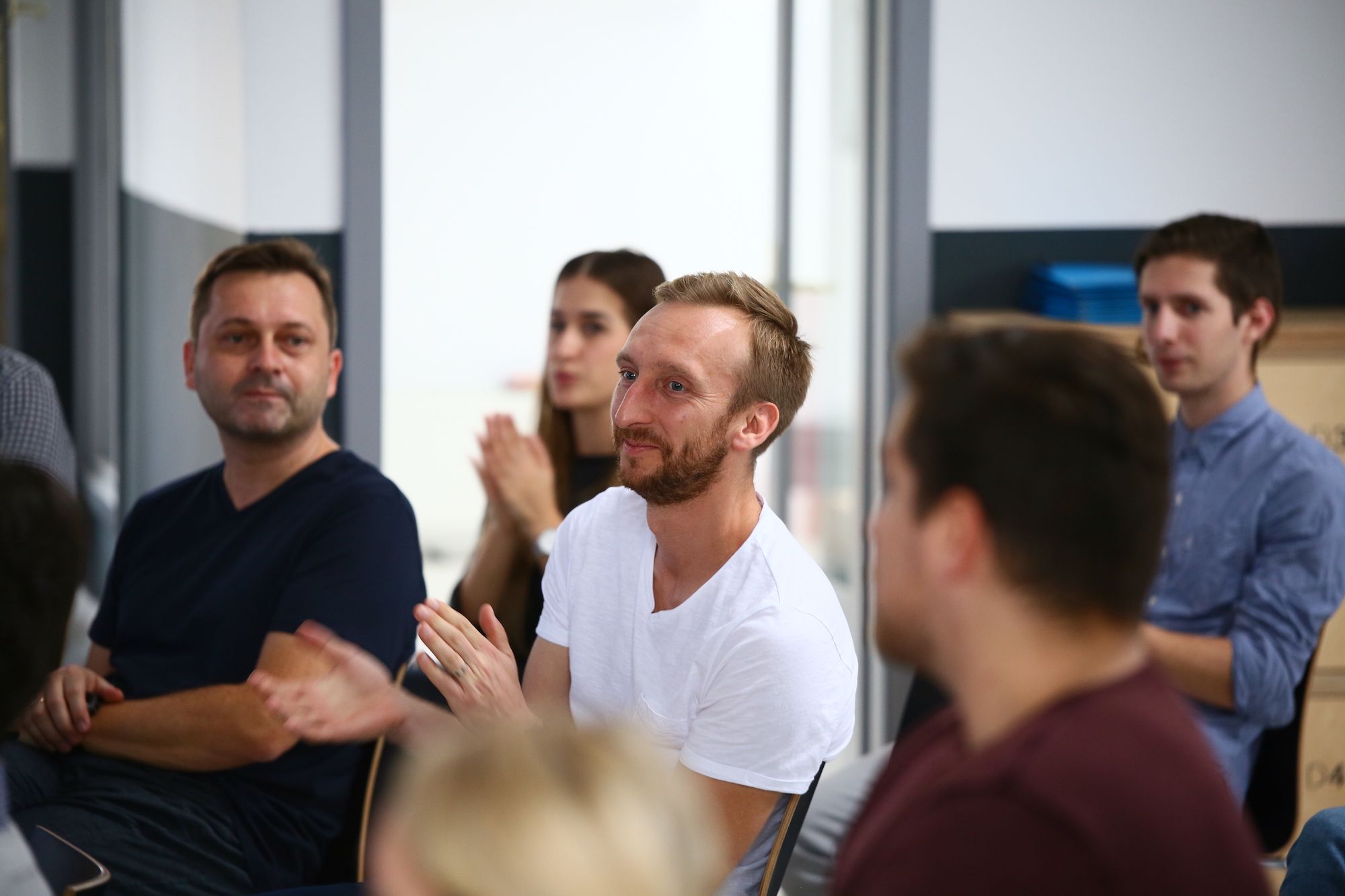
Hungary does have its unicorns
The term refers to any startup that reaches a valuation of $1 billion. To name a few: Prezi, Bitrise, Ustream and Balabit have made it to the prestigious status, defined as the ultimate goal of a startup.
Prezi is certainly the most popular and well-known of them all. The business built on a software with which anyone can create eye-catching presentations managed to be the first unicorn in Hungary, with more than 100 million active users now.
Bitrise—launched in 2014—is a platform for mobile app development. They were the first Hungarian team to enter Y-Combinator, one of the world’s most renowned startup incubator programs.
Ustream was founded to provide a live interactive broadcast platform that enables viewing and broadcasting content. Its clientele and partners included Cisco, Sony and Samsung. IBM acquired Ustream in 2016. According to press reports, they gave about $130 million for the Hungarian-developed startup.
Balabit helps organizations prevent, detect, and respond to cyberattacks involving privileged accounts. Founded in 2000, they were working for companies like Orange, AirFrance, Facebook or NASA. The biggest startup success story of 2018 was that Balabit was bought by one of the company’s business partners, One Identity.
The rising startup stars of the country
Startups who participated in the V4 SUF have gone a long way since. We asked the Hungarian founders about their loudest, most important successes. Aeriu was the first to apply to the newly introduced project. The company provides a software, optimized for commercial drones, which facilitates inventory management in large warehouses with drones. Soon after they left the program, they landed a cooperation with the Hungarian IKEA and their solution caught the attention of the international headquarters too.
PénTech was their successor as the Hungarian participants. The fintech company’s mission is to help Hungarian small and medium-sized enterprises create financial stability with new and unique digital factoring solutions. They have reached more than 650 registered SMEs on their platform with an application volume of approximately 25 million euros. Péntech is the first startup in the history of the V4 Startup Force Program to establish a subsidiary in the region.
Briefly, the participant from 2020 provides freelance marketing solutions to companies. They have more than 900 freelancer registrations on their platform. Their latest news is that one of the largest players in the Hungarian media and creative industry, Publicis Groupe Hungary, formed a cooperation with them.
This year has brought countless successes to Munch, who joined the V4 Startup Force Program this autumn. Four young minds founded the startup to fight food waste. More and more restaurants and cafés joined them in Budapest, and recently the service was launched in other cities of Hungary and increased by leaps and bounds. By the end of the year, more than 300 partners had joined them, not only in Hungary but also in Transylvania, Romania. The app has been downloaded by 100,000 people so far, and they also won prestigious awards. Their next year will be about international expansion.
Hungarian startups dare to dream big
According to the Hungarian Startup Report, which was published by Startup Hungary, an organization founded in 2020 by well-known and internationally renowned participants in the local ecosystem, startups in the country dare to dream big. More than 2/3 of the respondents to their survey believe their startup will be acquired, and 80% of them think they will be a key global player in their industry.
The V4 Startup Force has done its fair share in recent years to fulfill the dreams of these entrepreneurs: it organized more than 100 business meetings, welcomed more than 200 applications and a total of 40 participating startups. Of all the companies, 92% survived, 46% grew their businesses and 25% got an investment. This is a sector where wonders can happen; you just need an outstanding idea at the right time and right place. And Hungarian innovators can’t be ashamed.
In every article you will find a short video about an outstanding startup of each country, just to showcase how exciting their solutions are. Firstly, let us present MUNCH from Budapest!
„We are significant enough to make an impact” – MUNCH
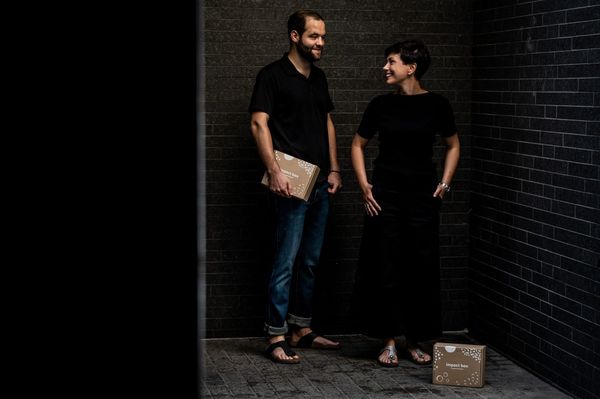
This is what awaits you at the Nyitva! Festival!
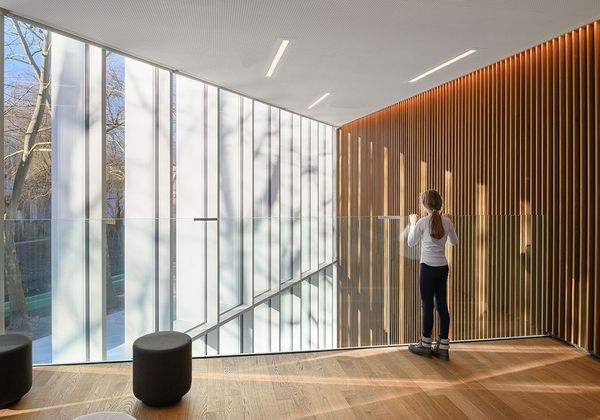
A redesigned Slovenian music school connects generations
